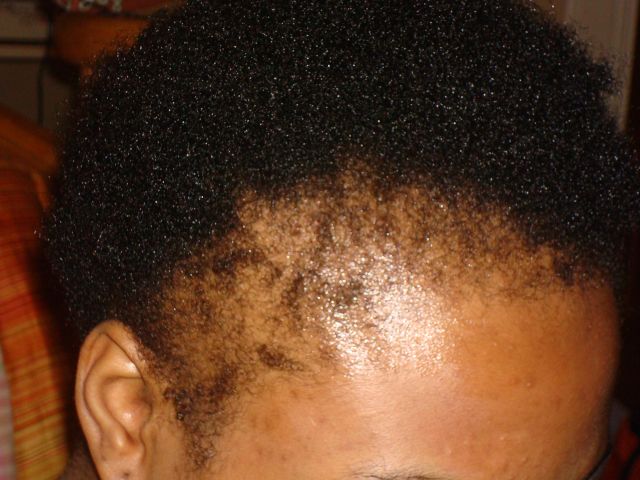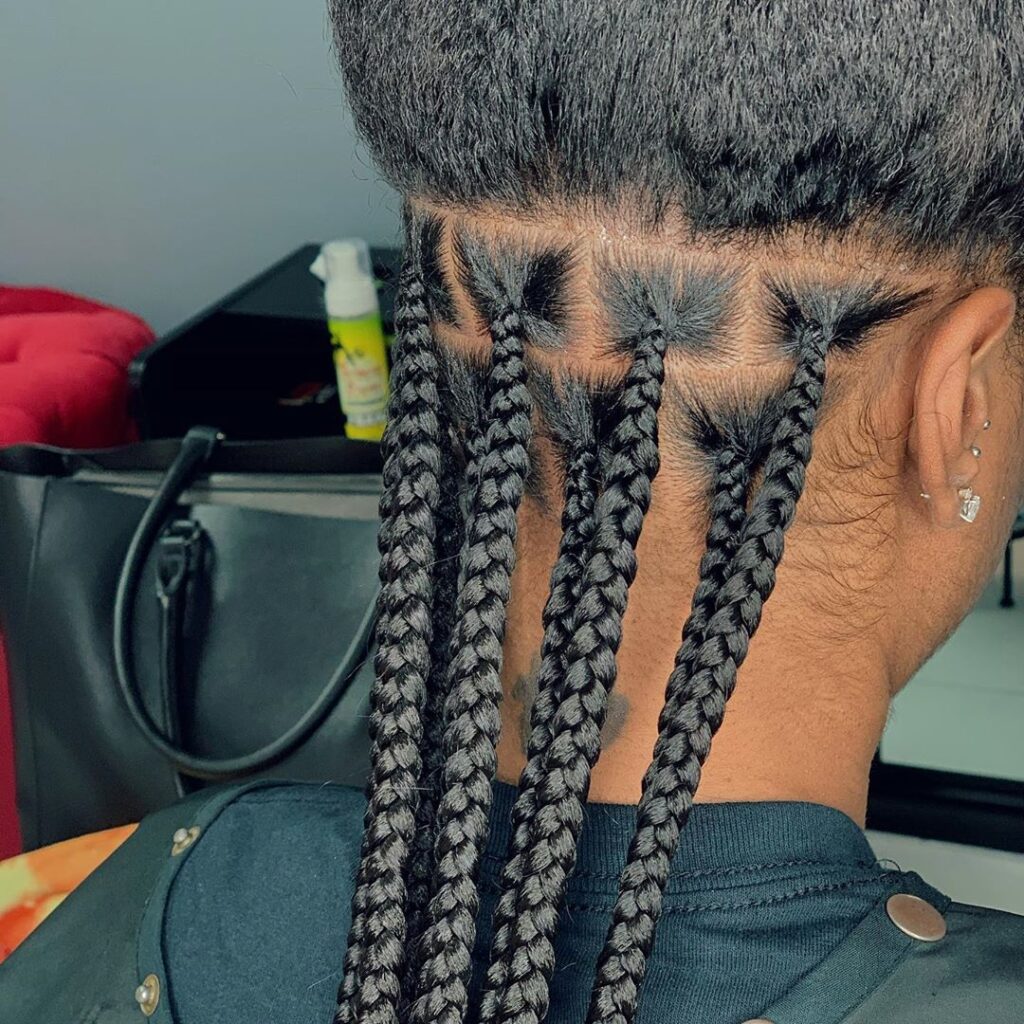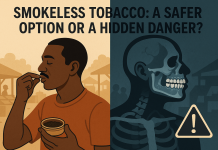Alopecia is a condition that is not talked about enough in the country. And it is one that affects quite a number of people. This condition is no respecter of age or gender, it affects the young and the old, male, and female. According to the National Alopecia Areata Foundation, it affects 147 million people worldwide.
Now, loosing hair is normal, in fact, an average human loses about 50-100 hairs every day. But sometimes, it becomes an issue, like in the case of alopecia.
Alopecia, types and causes
Alopecia areata is an autoimmune illness that causes hair loss on the head, face, and sometimes other parts of the body. When you have this condition, your immune system attacks your hair follicles.
This condition can result in complete hair loss on the scalp, in which it is called alopecia totalis. The hair loss could also be spread across the entire body, in this case, it is known as alopecia universalis. In alopecia areata patchy, hair loss happens in patchy segments across the scalp or body. This is the most common type of the condition.

Another type that is common among black women is traction alopecia. You get this when you constantly put a lot of tension on your hair. You can do this by constantly making buns, wearing hair rollers to bed
If you have this condition, it is possible for your hair to grow back. But then many times it just falls off again later on. The extent to which this happens varies from person to person
Alopecia happens when your immune system starts seeing your hair follicles as a threat to the body. What triggers this attack is not known. It might be caused by something in the body like a virus or bacteria. Or alternatively, it might be an environmental factor, or maybe even a combination of both.
In Nigeria, there is improper training of local hairdressers on how to handle hair. this has been pointed out as a reason for hair loss among Nigerian women. Applying harsh chemicals to your hair can also be a factor.
The genetics of how alopecia is passed on is complicated. So you cannot be sure if you will pass it on to your child or children. There is a chance though.
Alopecia treatment
There is no cure for alopecia right now, but there are a variety of treatments that can work to regrow your hair. There are several ointments like Minoxidil and Anthralin that can help to regrow hair.
Steroid injections have also been found effective to grow hair for those with patchy alopecia. The drug is injected directly into the bald spots to spur hair growth. Cortisone tablets taken orally could also help with more severe cases. But it comes with side effects, and you should discuss it with your doctor before taking it.
And for those with lots of money, you might want to look into hair transplant surgery. This surgery involves taking hair from one part of your head to the bald parts.

You might also consider reducing how often you make certain hairstyles that are putting tension on your hair. Also, you can use topical creams rich in vitamins A, B, C, and D. They are all vitamins that help with hair growth, one way or another
Alopecia Areata Awareness Month
The month of September is set aside for alopecia awareness all over the world. It is a month where communities come together to support the cause and educate people on this condition.
In Nigeria, there are many myths and misconceptions about hair loss. This makes it difficult for people with alopecia to get the treatment they require and live a stigma-free life.
This should not be so, we should not shame people dealing with hair loss. It is a genetic condition that no one asked for. And one that does not make anyone less than they are. If you want a proper treatment for this condition, Vinci Hair Clinic might be able to help you. Stay safe, and carry your hairless body with pride.










magnificent issues altogether, you just received a logo new reader.
What may you recommend about your publish that you made some days in the
past? Any positive?
dove trovare farmaci in Svizzera Basi Assen medicijnen zonder recept: Veilig online bestellen
ұстаз ұлы тұлға тәрбие сағаты 10 сынып,
ұстаздар күні тәрбие сағаты 10 сынып шоколадым скачать 2021, шоколадым кавер
скачать ұбт туралы мәлімет 2022, ұбт 2023 өзгерістер өткен шақ сабақ жоспары, жедел өткен шақ
саяси ойлар тарихы, орта ғасырдағы саяси ойлар геоэкономика категориялары, геоэкономика деген не сағындым
әке исіңді текст, ұшырдын баптап ұядан текст додж рам 2022 цена, додж рам объем двигателя
білімді ұрпақ іргелі елдің кепілі эссе, мәңгілік ел болашағы білімді ұрпақ рухани жаңғыру сценарий, рухани жаңғыру бағдарламасы реферат алғашқы темір дәуірі, ерте темір дәуірі магнит онлайн заказ, неодимовый
магнит купить в караганде
аяла актобе авиагородок, дом сирот актобе медеу туралы әңгіме,
мұзайдын туралы мәлімет сабақты зерттеу сұрақтары, мұғалімдердің зерттеу тақырыптары культурные ценности казахского народа, национальные ценности эссе
к чему сниться отъезд любимого май месяц какой знак гороскопа что такое движ,
а что такое движ скачать спид ап, скачать песню заряженный speed up
скачать
взрыв бомбы приснилось снилось что целовалась с другим мужчиной
I couldn’t resist commenting. Well written!
I don’t think the title of your article matches the content lol. Just kidding, mainly because I had some doubts after reading the article.
Your point of view caught my eye and was very interesting. Thanks. I have a question for you.